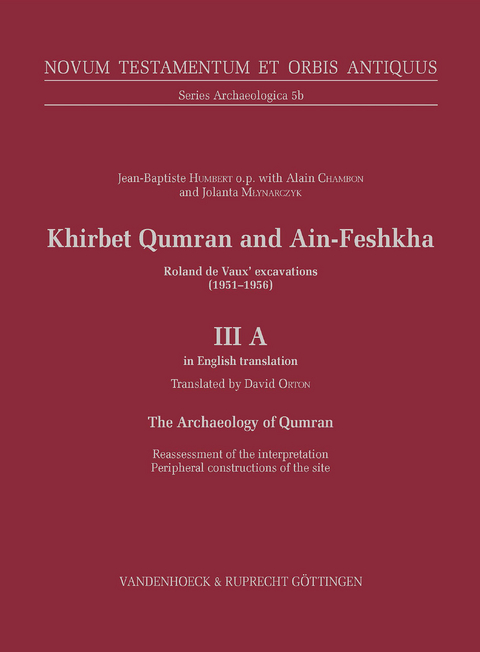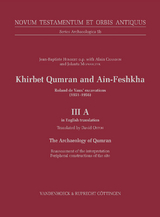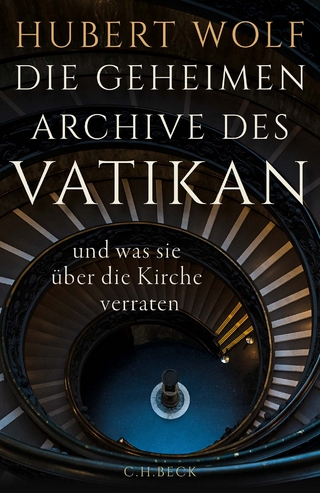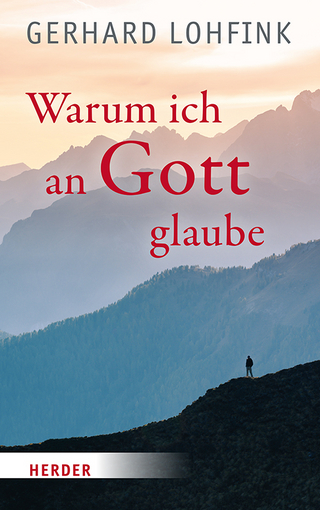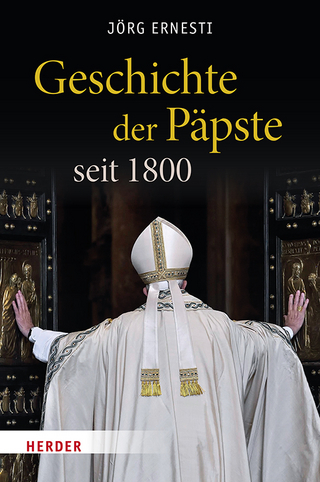Khirbet Qumran and Ain-Feshkha III A (in English translation)
Roland de Vaux' excavations (1951–1956). The Archaeology of Qumran. Reassessment of the interpretation Peripheral constructions of the site
Seiten
2023
|
1. Edition
Vandenhoeck & Ruprecht (Verlag)
978-3-525-57090-6 (ISBN)
Vandenhoeck & Ruprecht (Verlag)
978-3-525-57090-6 (ISBN)
Volume Qumran III A now in English language and a new release!
For 60 years Qumran research has been focused on epigraphy, exegesis, and the historical sources of the Dead Sea Scrolls. The manuscripts are now published and accessible, and research is turning in a positive way to the archaeology of the site and its context. The time has come to provide researchers with a complete documentation. The excavator, Roland de Vaux, had given preliminary reports and a valuable interpretation made in the immediate aftermath of the excavations. Since considerable progress has been made in the archeology of Hellenistic and Roman Palestine, however, Qumran has to be reassessed and the interpretation objectively verified.Volume IIIA presents an up-to-date archaeological reconsideration: a shorter and more precise chronology, in which the earthquake of 31 BC is deleted; the concept of an Essene community is challenged, owing to the lack of a suitable infrastructure; the cemetery itself is connected with a Jewish diaspora scattered around the Dead Sea. Other facilities strengthen the Jewish character of the site, however. The function of Qumran fits better with the rites of a pilgrimage on the occasion of the festivals of Passover and Pentecost.In the second part, the peripheral Essene facilities, expanded around an earlier Hellenistic center, are analyzed and described. The essay seeks to outline their internal consistency and to determine their function. The restoration of a stratigraphy, by cross-checking the excavation archives, leads to a redistribution of pottery in four levels in a more precise chronology.The reconsideration makes use of anthropology, which opens up the archaeological field and throws additional light on the manuscripts.
For 60 years Qumran research has been focused on epigraphy, exegesis, and the historical sources of the Dead Sea Scrolls. The manuscripts are now published and accessible, and research is turning in a positive way to the archaeology of the site and its context. The time has come to provide researchers with a complete documentation. The excavator, Roland de Vaux, had given preliminary reports and a valuable interpretation made in the immediate aftermath of the excavations. Since considerable progress has been made in the archeology of Hellenistic and Roman Palestine, however, Qumran has to be reassessed and the interpretation objectively verified.Volume IIIA presents an up-to-date archaeological reconsideration: a shorter and more precise chronology, in which the earthquake of 31 BC is deleted; the concept of an Essene community is challenged, owing to the lack of a suitable infrastructure; the cemetery itself is connected with a Jewish diaspora scattered around the Dead Sea. Other facilities strengthen the Jewish character of the site, however. The function of Qumran fits better with the rites of a pilgrimage on the occasion of the festivals of Passover and Pentecost.In the second part, the peripheral Essene facilities, expanded around an earlier Hellenistic center, are analyzed and described. The essay seeks to outline their internal consistency and to determine their function. The restoration of a stratigraphy, by cross-checking the excavation archives, leads to a redistribution of pottery in four levels in a more precise chronology.The reconsideration makes use of anthropology, which opens up the archaeological field and throws additional light on the manuscripts.
Jean-Baptiste Humbert is Director of the Archeological Laboratory of the Ecole Biblique in Jerusalem.
| Erscheinungsdatum | 01.11.2023 |
|---|---|
| Reihe/Serie | Novum Testamentum et Orbis Antiquus, Series Archaeologica (NTOA.SA) ; Band 005,B |
| Co-Autor | Jolanta Młynarczyk, Hervé Monchot, Alain Chambon |
| Übersetzer | David E. Orton |
| Zusatzinfo | with 179 figures and 113 planches |
| Verlagsort | Göttingen |
| Sprache | englisch |
| Original-Titel | Khirbet Qumrân et Aïn Feshkha |
| Maße | 240 x 325 mm |
| Gewicht | 2581 g |
| Themenwelt | Geisteswissenschaften ► Religion / Theologie ► Christentum |
| Schlagworte | Ain Feshkha • Archäologie • Qumran |
| ISBN-10 | 3-525-57090-2 / 3525570902 |
| ISBN-13 | 978-3-525-57090-6 / 9783525570906 |
| Zustand | Neuware |
| Informationen gemäß Produktsicherheitsverordnung (GPSR) | |
| Haben Sie eine Frage zum Produkt? |
Mehr entdecken
aus dem Bereich
aus dem Bereich
und was sie über die Kirche verraten
Buch | Hardcover (2024)
C.H.Beck (Verlag)
26,00 €
